Using Praise to Educate
[Photo: Ketut Subiyanto/Pexels]
Have you praised your child for doing something good today? Good discipline always involves praise. Children learn what they are like from other people. The way parents respond to children influences the way children feel about themselves. Using praise to help correct inappropriate behavior is generally more effective than using punishment, and it makes children feel good about themselves. A little praise goes a long way and makes your child feel valuable, kind, and appreciated.
Use praise when your child does something right. If the only time you respond is when you are upset, your child may think they are a bad person. When you only respond to your child when he does something wrong, your child may come to think that misbehaving is the only way to get his attention.
You don't have to go overboard in praising your child. Simply thanking your child for something they did is a good way to give praise. There are many other ways to give praise besides using words: a smile, a hug, a thumbs up, a high-five, also let your child know that you are happy.
Discover your child doing something good. Good discipline means noticing good behavior and accomplishments and responding with praise or appreciation. Remember to be specific: "I like how you are playing on your own with your blocks" or "I like how you picked up your toys when you were finished playing" or "Thanks for picking up the trash."
[Photo: Ketut Subiyanto/Pexels]
Praise immediately; don't wait. Praise all the time at first, but less often afterward. For example, if you give your child an chore to complete, once it's done be sure to let him know that you appreciate the work. This will help your child feel satisfied when the work is done. As time passes, it will become part of their routine and you no longer need to praise each time.
Finally, don't use love as a reward. Your love and acceptance is unconditional. Make sure your child understands that your love for him or her has nothing to do with bad behavior. You can say, for example, ‘I love you, but I don't like it when you do this ....’ Be ready and look for positive moments to praise your child.

![[Photo: Ketut Subiyanto/Pexels]](https://images.squarespace-cdn.com/content/v1/5cc744f0b2cf7987ab93d744/1597558120369-BZ9TPJ6ZSUGER8PFNE2W/pexels-photo-4473436.jpeg)
